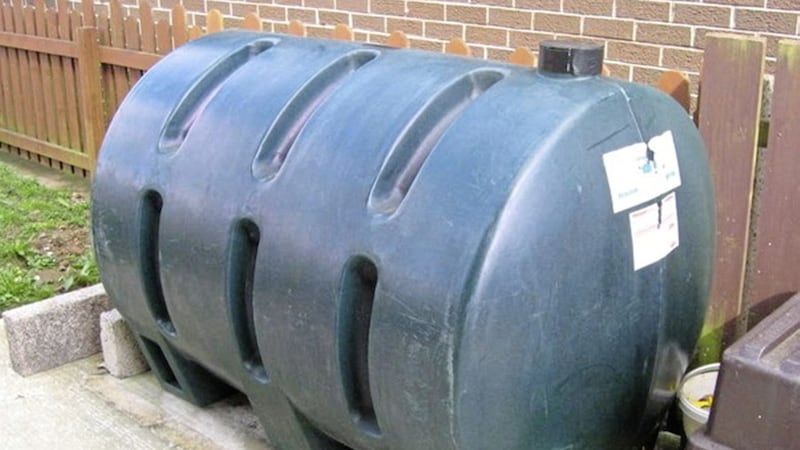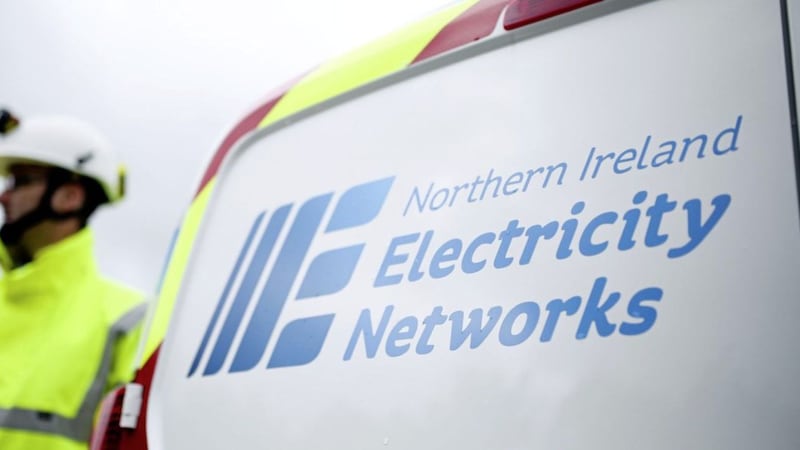OIL heated households are now paying over 40 per cent less than they did four years ago according to new independent research.
The four-year price drop in oil for households is at least double that of any other major home heating fuel according to the latest quarterly data from the Sutherland Tables.
The figures state that oil remains the cheapest fuel, with average annual costs in Northern Ireland falling to £840.
The nationwide report compares the average annual running costs for a typical three bedroom homes using seven different types of heating.
Since the start of the year, oil heated households have benefited from falling costs with prices predicted to remain low throughout 2017. In comparison, electricity and mains gas customers face uncertainty over their heating costs with energy suppliers recently announcing further price rises, in some cases as high as 15 per cent .
David Blevings, OFTEC Ireland manager,representing the domestic oil heating industry, said the figures are encouraging.
“This is very welcome news for the estimated 500,000 households that use oil to heat their homes in Northern Ireland. As the data shows, they have benefited from the long-term falling oil prices which began in 2013 - and this pricing level is expected to continue for the foreseeable future, providing stability for oil heated households.”
Mr Blevings encouraged consumers to take advantage of the low price and and fill their tanks ahead of the winter months.
“We welcome the lower oil price as it is very good news for consumers. We would remind oil users to service their boiler and their heating system before the winter comes in to make sure they benefit from safe, efficient heating and hot water over the colder months," he added.








